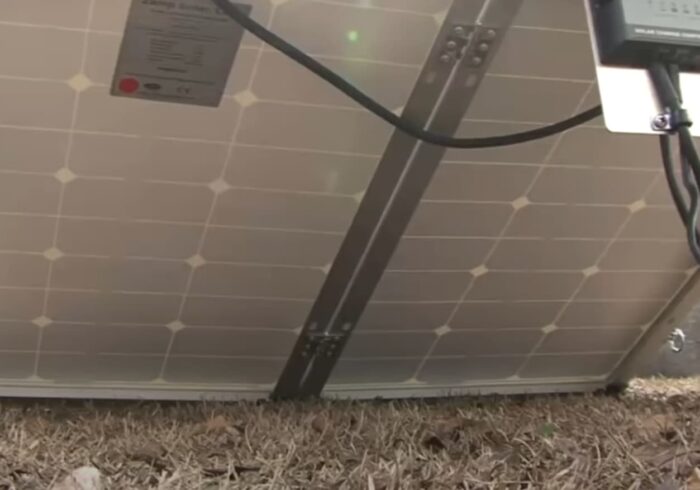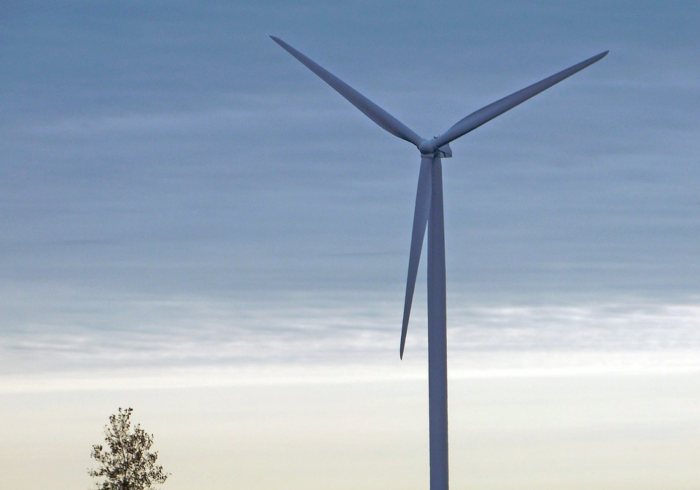After two years of deliberation, the European Union has signed natural gas and nuclear fuel up as clean energy sources, despite the discontent of environmentalists and Europe’s largest economy, Germany.
Amid the energy crisis and renaissance of coal, the EU reasoned that nuclear and gas plants would not hinder but help Europe to move from its dirty fossil past to a green future and achieve the goal of zero greenhouse gas emissions by 2050.
The European Commission has approved the classification of clean energy sources, and it is very likely to come into force in the next six months. Both nuclear and gas are included. Although, with reservations – in their current form they are doomed to oblivion in the next decades.
Refusal to recognize them as green would seriously complicate obtaining construction permits for new nuclear and gas power plants and would increase the cost of attracting funding for these projects.
“Green Classification” refers to industries that account for 40% of the European economy and 80% of greenhouse gas emissions. The world has unanimously recognized them as the cause of climate change and has signed a commitment to reduce emissions to keep global warming within 2°C of pre-industrial levels.
The EU’s landmark decision is also important because Europe is far ahead of the rest of the world in greening the economy and combating climate change.
Moreover, the EU is the world’s second largest economy after the United States, but the latter lags far behind in reducing emissions. Therefore, the European classification of clean and dirty economy has the potential to be the gold standard for the rest of the world.
The purpose of this classification is to legislate the criteria of what is green and what is not. Create a mark of quality, and then give it to companies and projects. So that financiers know exactly in what business to invest money of citizens, companies and treasury, if they demand to invest only in “green” industries.
Both natural gas and nuclear fuel are fossil, dirty and far from renewable energy sources.
Gas is a source of emissions during extraction, transportation, and combustion. Nuclear power plant waste is toxic. Although, of course, gas is cleaner than coal, and nuclear reactors do not smoke at all.
And yet, it is politically impossible to refuse to use them. For several reasons.
Firstly, the energy crisis is raging in the world, and it is especially felt in Europe, which buys a third of all gas consumed in Russia, and in general three quarters of it depends on fuel imports. People and businesses in the EU are unhappy with the steep price increases, and demands to halt the costly green adjustment are becoming more and more frequent.
Gas prices in Europe reached prohibitive heights at the end of last year, and coal is back in fashion, not only in the Old World. Its combustion in power plants around the world hit record highs in 2021 and will remain so for at least a couple more years.
Why gas and light are getting more expensive. Causes and consequences of the global energy crisis
As long as renewable energy sources are not available in sufficient quantity and on an industrial scale, it will be necessary to temporarily admit that gas and nuclear are healthier for nature and the climate than dirtier alternatives like coal, the EU says.
How temporarily?
EU countries will be allowed to operate existing nuclear power plants as long as they can dispose of toxic waste without harming the environment. And new plants will be considered clean energy sources if their construction is approved before 2045.
Gas-fired power plants are more complicated. New ones will only qualify as green if their emissions never exceed 100 grams of carbon dioxide per kilowatt-hour. This is very low, but the EU has also allowed the construction of more standard plants with emissions of 270 grams per kWh – though only until 2030 and only if they replace the capacity of decommissioned coal-fired power plants rather than introducing new ones.
The project was supported by most of the EU members, primarily the coal-dependent Eastern European countries, for whom gas offers the most direct path to reducing emissions. As well as the Netherlands and France.
The Fessenheim nuclear power plant was closed under Macron in 2020. But then Macron changed his mind about nuclear power.
The nuclear power plants cover 70 percent of France’s electricity needs. After his election, President Emmanuel Macron promised to reduce this share to 50% and shut down a dozen and a half reactors, but he changed his mind. This spring he faces elections in which his rivals are all in favor of nuclear power. Macron now promises to invest €1bn in the industry by the end of the decade.
His position will also affect the pan-European – France has just accepted for six months the transitional status of the EU presidency.
Among the opponents, the main one is Germany, the most populous and richest country of the European Union and the center of European industry.



